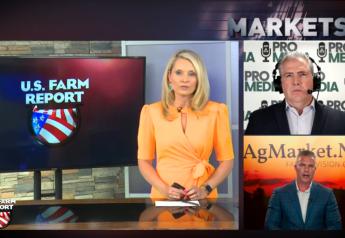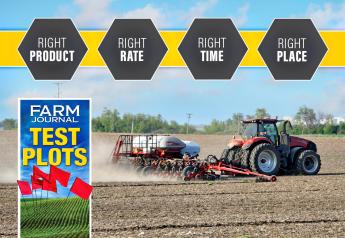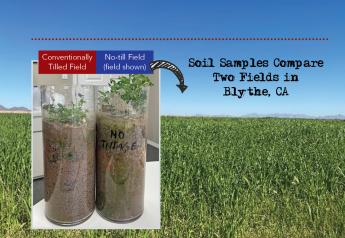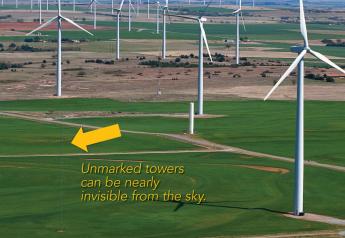No, Wyoming Isn't Looking to Ban Electric Vehicles...Yet
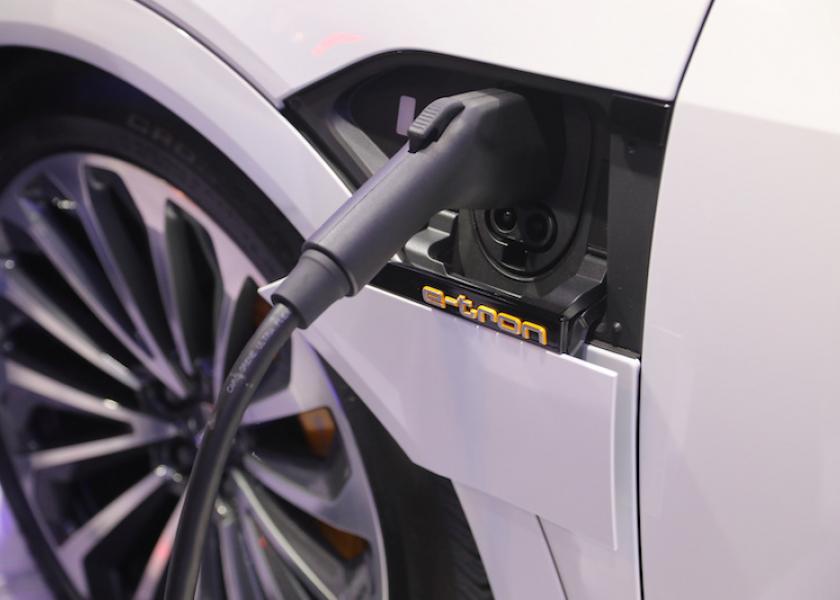
California turned heads in August when its lawmakers pushed and passed legislation to ban the sale of gas-powered vehicles state-wide by 2035. In Wyoming, similar legislation was recently proposed, but on the opposite side of the aisle.
Sen. Jim Anderson (R-Wyo.) introduced a resolution last Friday aimed at phasing out electric vehicle sales in Wyoming by 2035. According to the resolution, the concept is being considered in order to sustain the state’s oil and gas industry.
“The oil and gas industry in Wyoming has created countless jobs and contributed revenue to the state,” says Sen. Dan Dockstader (R-Wyo.). “Wyoming will be robbed of 12,000 to 16,000 jobs if we dismiss gas vehicles for the sake electric. It’s unacceptable.”
Tabled Until 2024
Following the proposal, the resolution was referred to Wyoming’s minerals committee, where it was discussed and tabled, “at least,” through the year, Dockstader says.
“The resolution won’t be heard on the Senate floor in 2023, but we will revisit it in 2024,” he says.
The resolution discussion follows the Biden administration’s federal ban on oil and gas leasing. According to Dockstader, the ban is costing Wyoming $304 million per year, from 2021 to 2025.
“At some point as a state we have to push back and say our people and our jobs are more important. Our mineral and gas industry, that’s what’s employing our families across the state, and we stand with them.”
Electric Outlook
Outside of electric vehicles, Dockstader says he and his fellow Wyoming legislators aren’t completely closed off to new technologies.
“We’re using hydroelectric power here in Wyoming as well as wind power and solar. We’re not saying we’re not interested in trying other energy outlets. But if you step away from our current energy sources, or step away from gas-powered vehicles, you can’t drive the economy,” he says.
Docskstader pointed to California, saying the state—and any others that choose to ban gas-powered vehicles—can expect “serious” economic consequences.
“The havoc the U.S. is experiencing now with rapid inflation will reach far beyond the economy if we take away oil and gas and continue this electric vehicle spending,” he says. “We didn’t need this before and we won’t need this in the future, at least not in Wyoming.”


